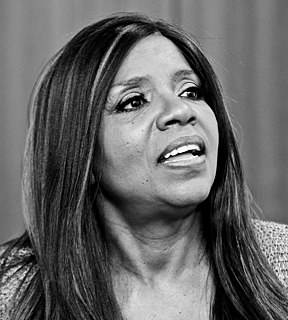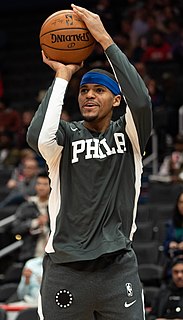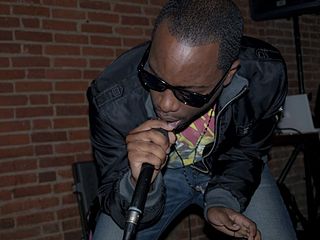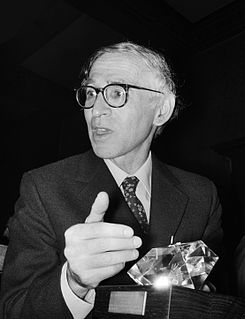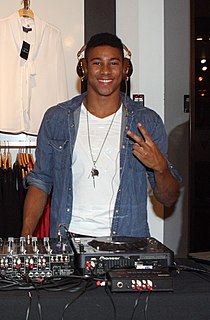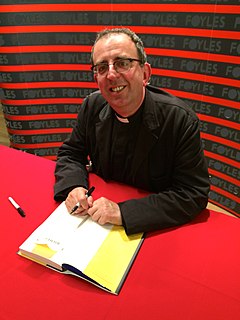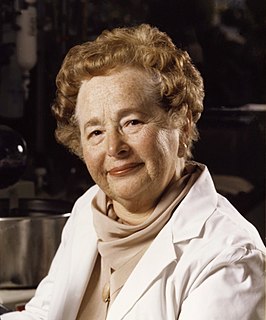A Quote by Abraham Lincoln
My father, at the death of his father, was but six years of age; and he grew up, literally without education.
Related Quotes
I grew up with sentiments such as, "Do what will make you happy, troubles are God's redirections that something good will come from, and that material things are to make the world a better place" and the latter came from my father because his father died of tuberculosis when he was twelve. They had no insurance, six kids and a hell of a time surviving.
My earliest influences would definitely be my father, just seeing him play in different bands and going to his shows and going to the rehearsals. You know what I'm saying, it was the typical story of a son looking up to his dad. So the years that my father was around, my father was my biggest influence.
My father emigrated from Lithuania to the United States at the age of 12. He received his higher education in New York City and graduated in 1914 from the New York University School of Dentistry. My mother came at the age of 14 from a part of Russia which, after the war, became Poland; she was only 19 when she was married to my father.

